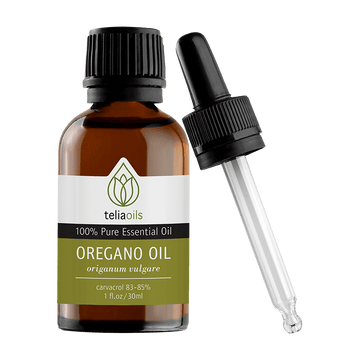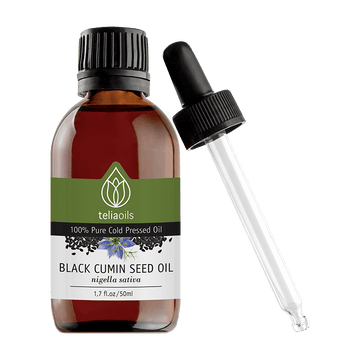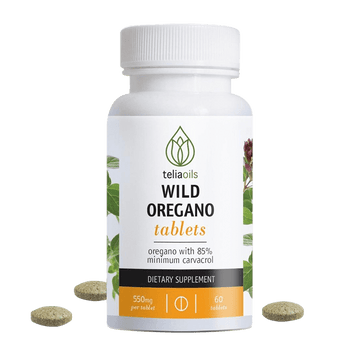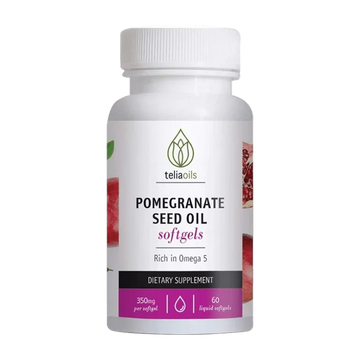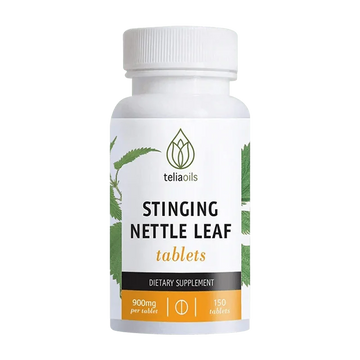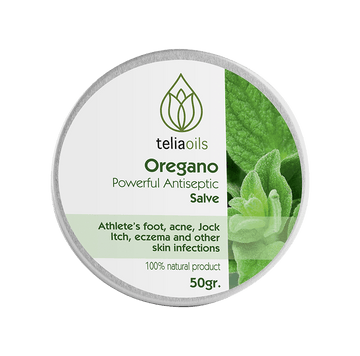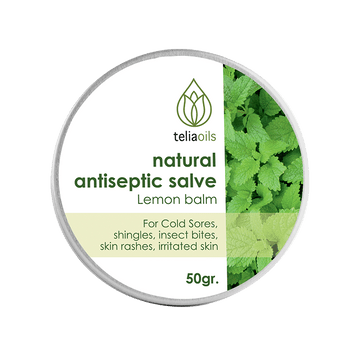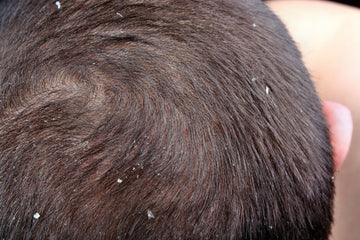Milk Thistle for Pet Health: Supporting Liver Function in Dogs and Cats
by Dimitris Zikos on Jul 01, 2024
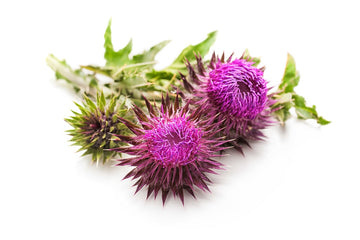
Milk thistle, a flowering herb related to the daisy and ragweed family, is widely recognized for its beneficial effects on liver health. It is not only humans who can benefit from this powerful herb but our pets, especially dogs and cats, can too. In this post, we'll delve into how milk thistle can be a vital part of maintaining and improving the liver health of pets, particularly for those undergoing rigorous treatments like those for heartworm.
What is Milk Thistle?
Milk thistle (Silybum marianum) has been used for over 2,000 years as a natural remedy for liver disorders. The active ingredient in milk thistle, silymarin, is a group of compounds said to have antioxidant and anti-inflammatory properties. It is these properties that make milk thistle a recommended supplement for pets facing liver health issues.
Benefits of Milk Thistle in Pets
Liver Protection and Regeneration
Milk thistle is best known for its hepatoprotective properties. It not only helps protect the liver from toxins but also promotes the regeneration of liver cells. For pets undergoing treatment for conditions such as heartworm, where medication can be harsh on the liver, milk thistle can help mitigate liver damage by rejuvenating damaged liver cells and enhancing detoxification processes.
Anti-inflammatory Properties
The anti-inflammatory effects of silymarin help reduce swelling and pain in the liver, which can be crucial for pets suffering from liver dysfunction or inflammation. This can lead to improved liver function and overall better health for your pet.
Antioxidant Effects
Silymarin’s antioxidant properties mean it can help neutralize free radicals in the body. Free radicals can damage cells and tissues, including the liver. By countering this oxidative stress, milk thistle helps maintain a healthier liver, which is vital for the overall detoxification in the body.
Using Milk Thistle for Pets
Dosage and Administration
Milk thistle is available in several forms, including capsules, liquid extracts, and powders. The dosage of milk thistle can vary depending on the form of the supplement and the size of the pet. It's crucial to consult with a veterinarian to determine the appropriate dose for your pet's specific needs, particularly if they are already undergoing other treatments.
Safety and Considerations
While milk thistle is generally considered safe for pets, it’s important to start with a lower dose to ensure your pet doesn't experience any adverse effects. Some pets may have gastrointestinal upset as a side effect. Always use a product specifically formulated for pets, as human supplements may contain ingredients that are harmful to animals.
Milk thistle can be a beneficial natural supplement for pets, especially those needing liver support due to conditions like heartworm. By protecting the liver from damage, aiding in cellular regeneration, and providing anti-inflammatory and antioxidant support, milk thistle can help improve your pet's liver function and overall well-being. Always consult with a veterinarian before starting any new supplement to ensure it's appropriate for your pet’s specific health situation.

